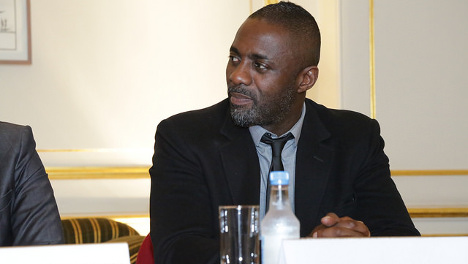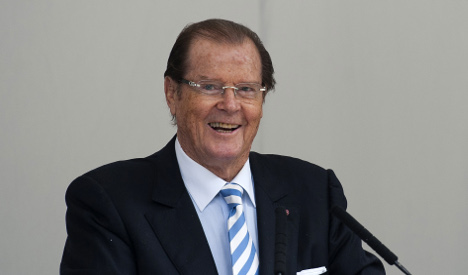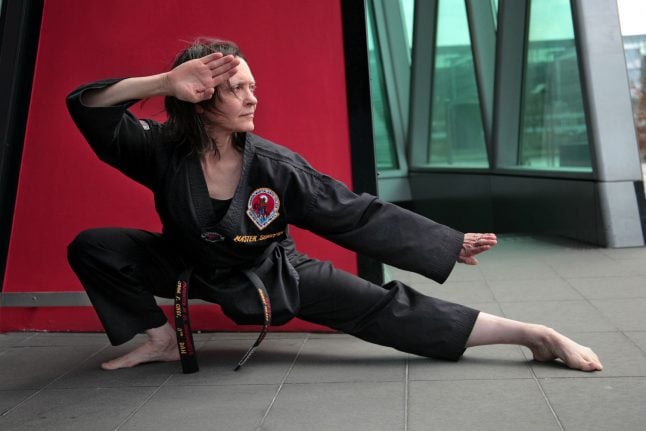The 87-year-old star, who played the suave British agent in seven films from 1973 to 1985, insisted his meaning had been lost in translation.
"An interview I gave to Paris Match implies I said something racist about Idris Elba. That is simply untrue," Moore wrote on Twitter, using the hashtag "Lost in translation".
He added: "When a journalist asks if 'Bond should be English' and you agree, then quotes you saying it about Idris Elba it's out of context."
Reproductions of the interview have led to Moore being blasted by Twitterusers.
In the interview, Moore was talking about the different actors who have played agent 007 on screen.
In the 23 official Bond films to date, the title role has been played in turn by Sean Connery, George Lazenby, Moore, Timothy Dalton, Pierce Brosnan and Daniel Craig, who is currently shooting "Spectre", due out in November
In a translation of the quotes printed in French in Paris Match, Moore told the magazine: "Though James has been played by a Scot, a Welshman, an Irishman, I think he should be English-English. It's nonetheless an interesting idea, but unrealistic.
"Some years ago, I said that Cuba Gooding Jr would make an excellent Bond but it was a joke!"

(Idris Elba. Photo: DFID/Flickr)
Words 'faithfully transcribed'
Benjamin Locoge, who is in charge of Paris Match's culture section, said the recording of the conversation "backs up that Roger Moore's words have been faithfully transcribed".
"The journalist (who conducted the interview) is certain about the term "English-English": he said it like that, it's on the tape," he added.
He claimed: "Roger Moore implies that it would be difficult to have a black James Bond in the sense that one cannot imagine General de Gaulle being played by a black actor and James Brown by a white (actor)."
"One should not interpret his words as racist and the Twittersphere has without doubt got carried away a bit too hastily."
Elba, 42, is from Hackney in east London and was born to a Sierra Leonean father and a Ghanaian mother.
His most famous film role to date is that of former South African president Nelson Mandela in "Mandela: Long Walk to Freedom".
On television, he played drug lord Russell "Stringer" Bell in US crime drama series "The Wire" and the title role in the BBC detective series "Luther", which won him a best actor Golden Globe.
British bookmakers across the board have Elba as their clear favourite to be the next Bond after Craig, who has held the role for 10 years.
William Hill price Elba at 2/1, followed by Tom Hardy at 9/2, Henry Cavill at 6/1, Michael Fassbender at 13/2. Paddy Power and Ladbrokes have the same actors as their top four.
Ian Fleming's original Bond novels say the secret agent was the son of a Scottish father and a Swiss mother, who spent much of his early life outside of Britain.
Orphaned at 11, he then lives with an aunt in southeast England and is educated in Edinburgh.




 Please whitelist us to continue reading.
Please whitelist us to continue reading.
Member comments